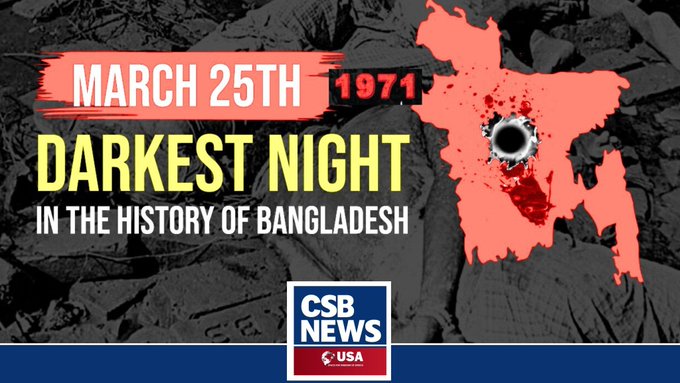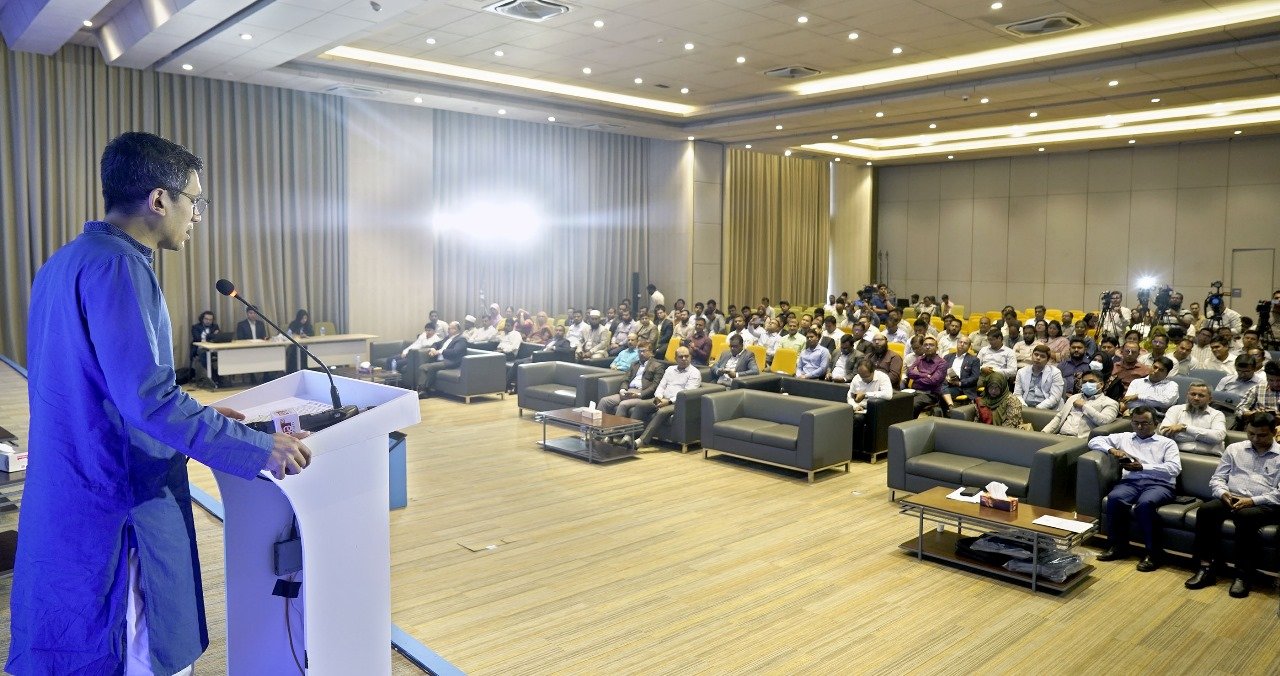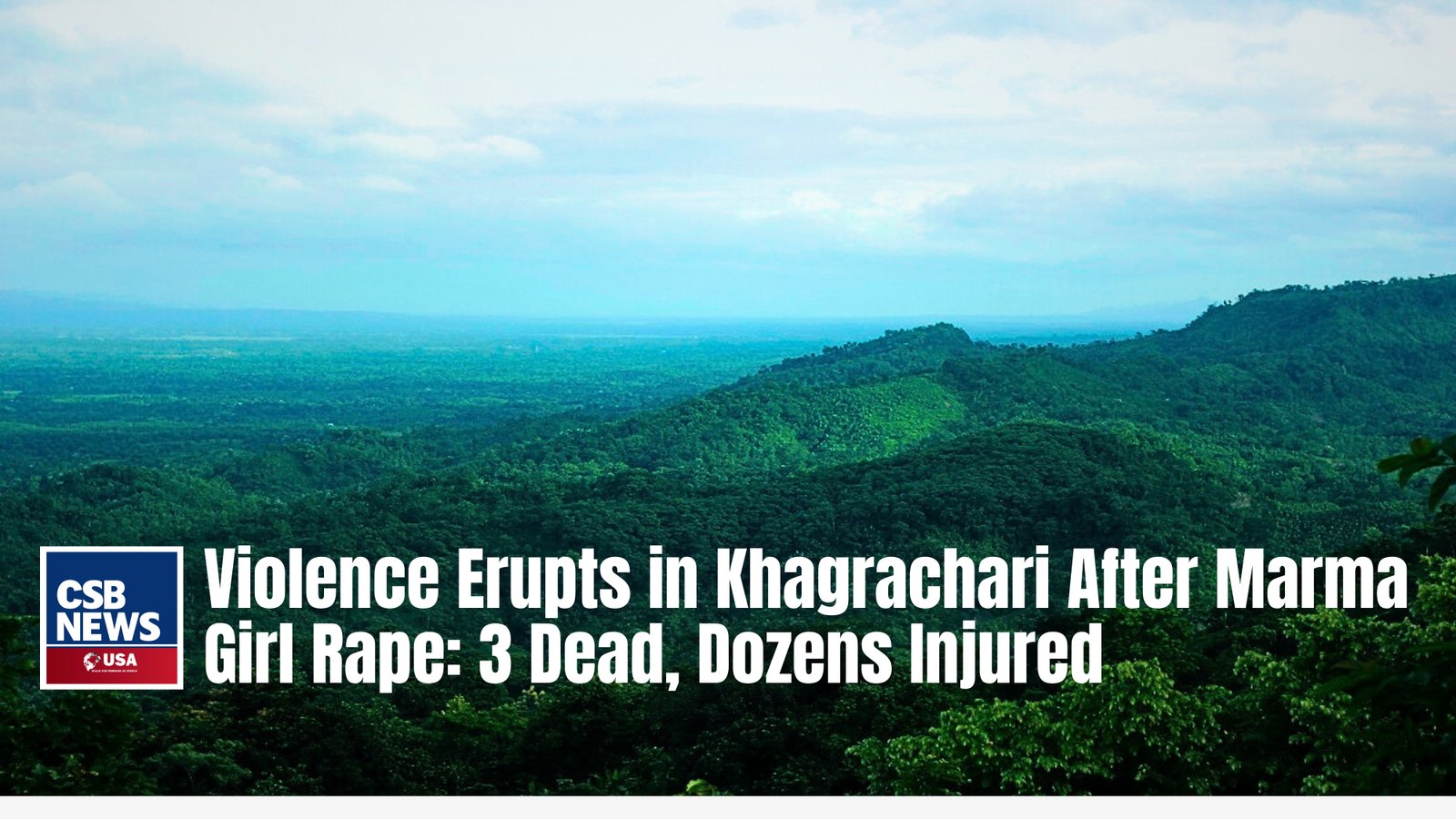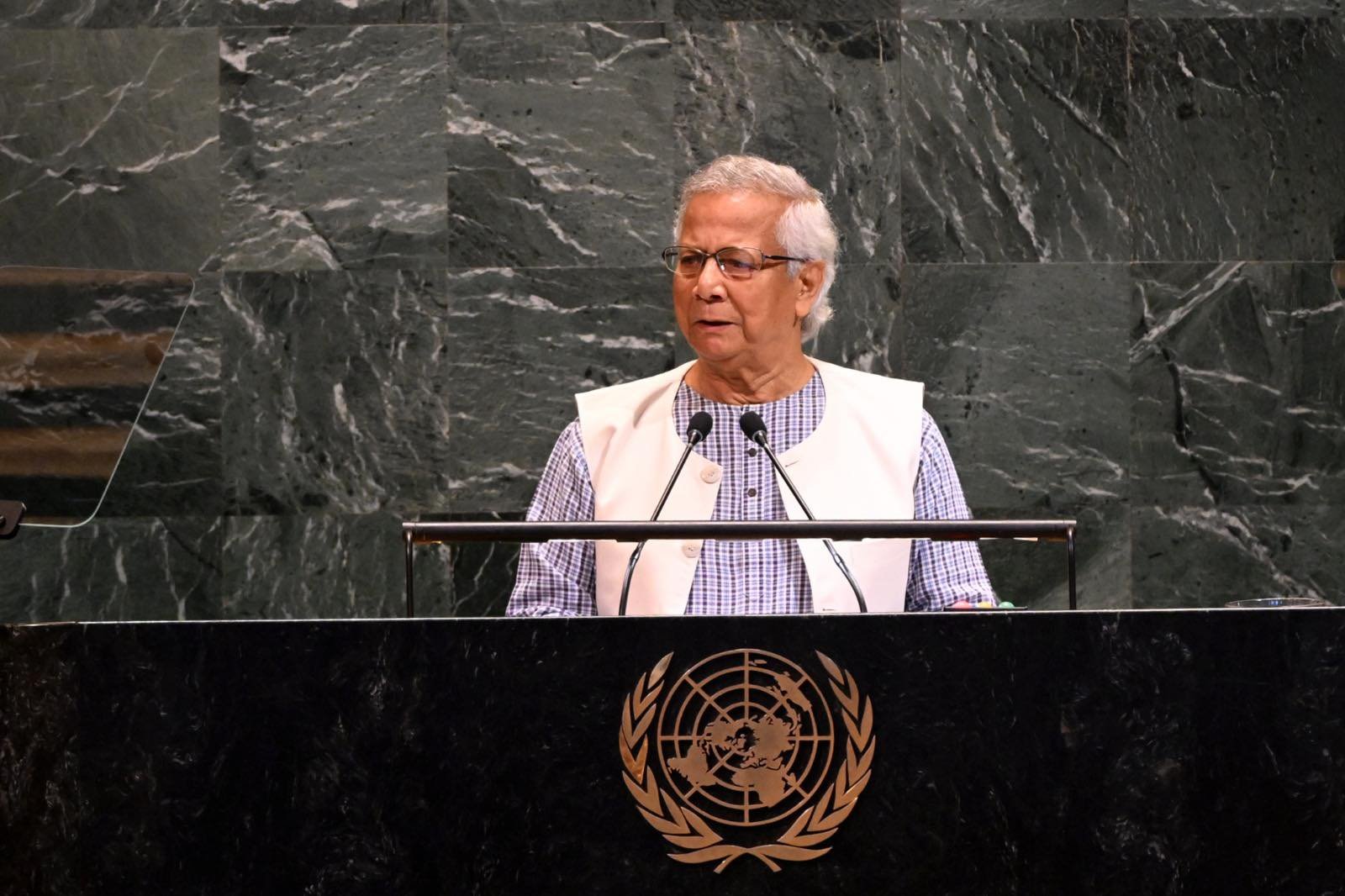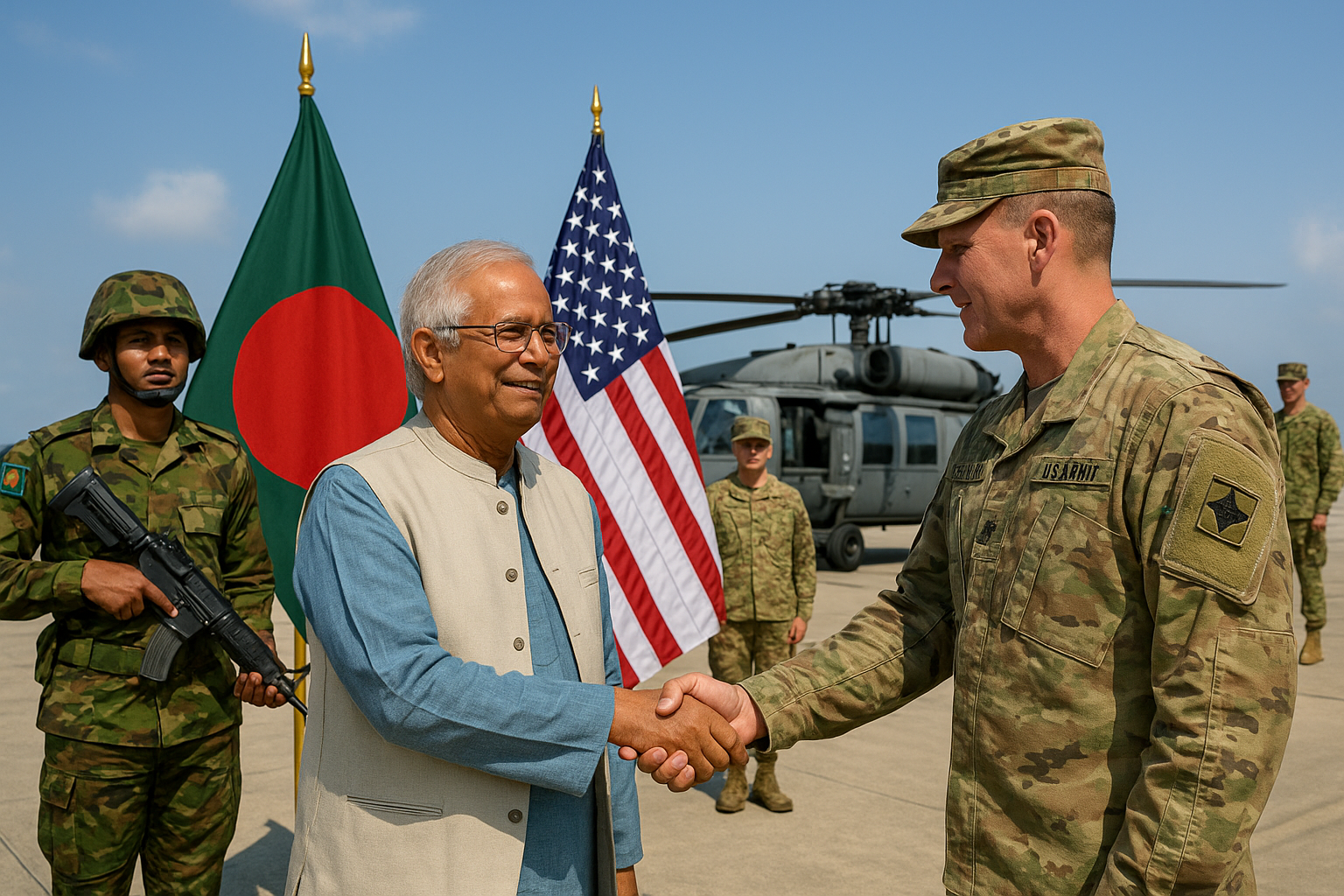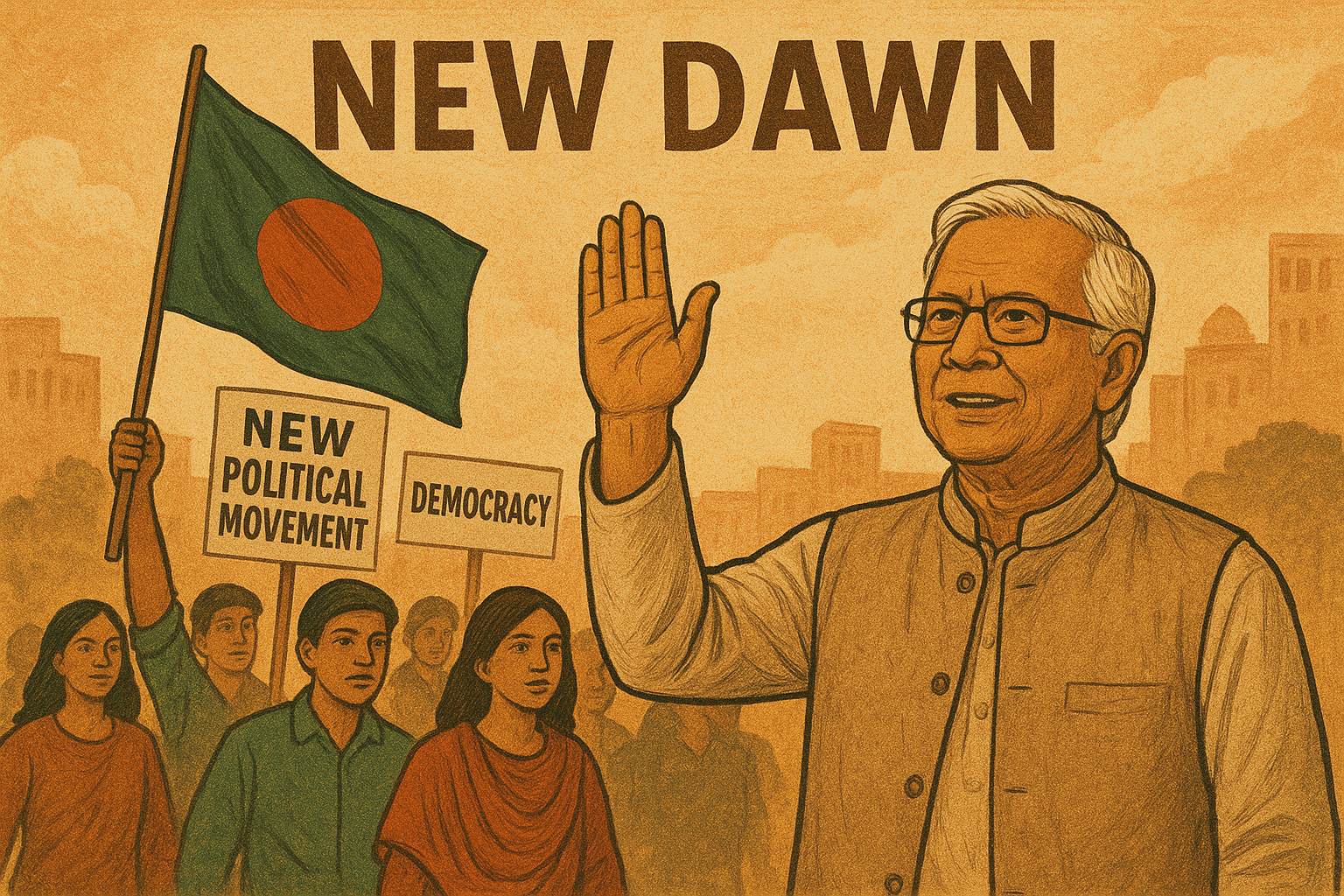Operation Searchlight on March 25, 1971: The Background of Bangladesh's Liberation Struggle and the Pakistani Genocide
Dhaka, Bangladesh, March 26: The night of March 25, 1971, remains one of the darkest chapters not only in the history of the Bengali nation but also in human history. The silence of the night was shattered by the sudden roar of tanks. At that time, in what was then East Pakistan—now Bangladesh—millions of people heard the terrifying sounds of bombs and gunfire as the Pakistani military launched an assault on innocent civilians. This brutal attack later became known as Operation Searchlight and marked the beginning of one of the most horrific genocides in history.
Sheikh Mujibur Rahman, the undisputed leader of the Bengalis, was arrested that night. Initially, he was taken to the under-construction National Assembly building in Dhaka, then to Adamjee College, and later to Flagstaff House. Three days later, he was transferred to West Pakistan.
On that day, leaders of the Awami League had been waiting for a phone call from Pakistani military ruler Yahya Khan regarding a decision on their constitutional demands. However, that call never came. Instead, Pakistani military officials flew across the province in helicopters, instructing their forces to prepare for an imminent military crackdown.
By evening, rumors of an impending military assault by the Pakistani army had spread throughout Dhaka. Leaders of the Awami League gathered at Sheikh Mujibur Rahman’s residence at 32 Dhanmondi. While Mujib urged his associates to leave the city for their safety, he himself chose to stay, knowing that if the army wanted to arrest him, they would likely destroy Dhaka in the process.
Meanwhile, Pakistani President Yahya Khan secretly boarded a plane to Karachi that night, signaling the start of Operation Searchlight. General Tikka Khan and Major General Khadim Hussain Raja ordered the military to commence their attacks.
The Pakistani army moved swiftly towards key locations in Dhaka, including Dhaka University, the Shaheed Minar, Old Dhaka, and Dhanmondi. Their primary target was to arrest Sheikh Mujibur Rahman. They also carried out systematic attacks on other Awami League leaders.
The Pakistani military launched indiscriminate attacks on civilians across Dhaka. Thousands of people were massacred, including students, police officers, rickshaw pullers, and Bengali soldiers who had refused to comply with military orders. The army carried out a well-planned extermination campaign aimed at suppressing the Bengali nationalist movement.
At Dhaka University, students and intellectuals were brutally murdered. Many were lined up and shot one by one, their bodies later dumped into hastily dug mass graves.
This operation marked the beginning of a nine-month-long genocide and struggle for liberation, ultimately leading to Bangladesh’s independence. During this horrific period, the Pakistani military killed approximately three million people, and 200,000 women were subjected to sexual violence. Despite the immense suffering and sacrifices, the people of Bangladesh triumphed, securing their independence and emerging as a sovereign nation on the world map.


